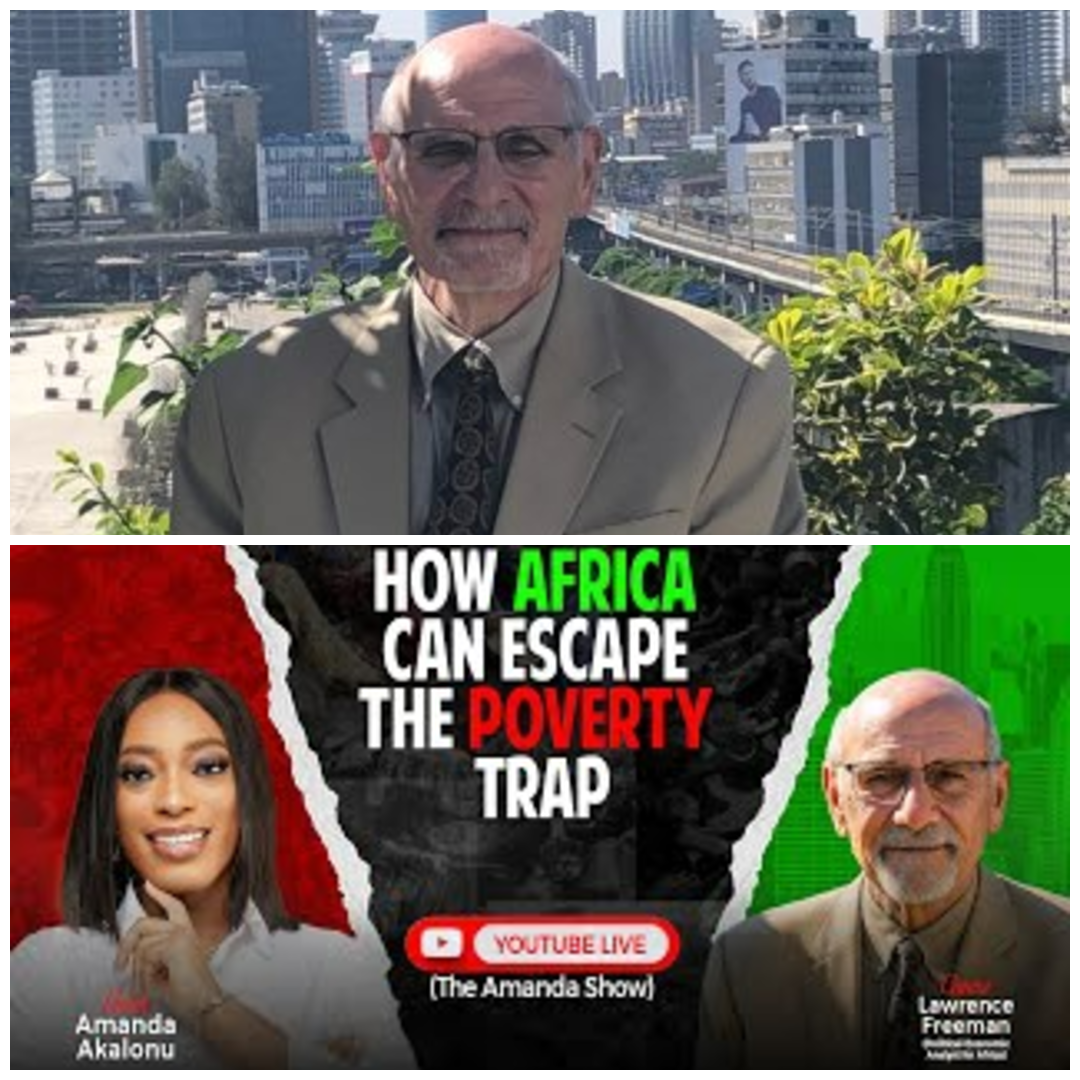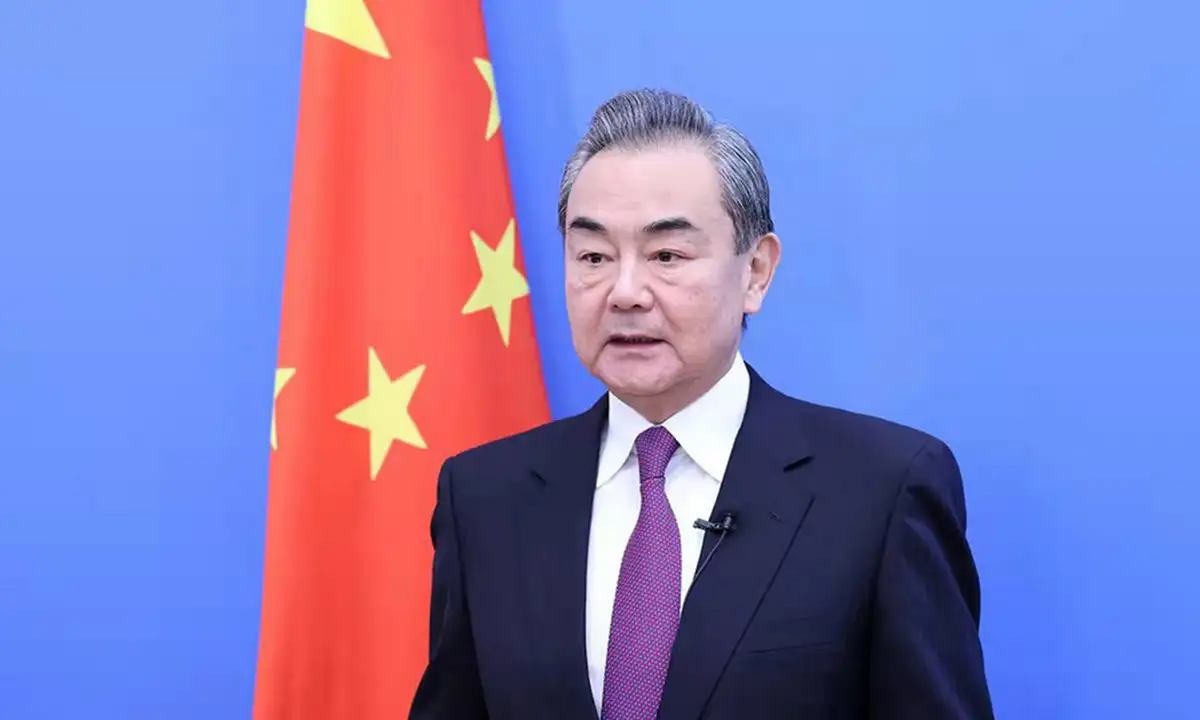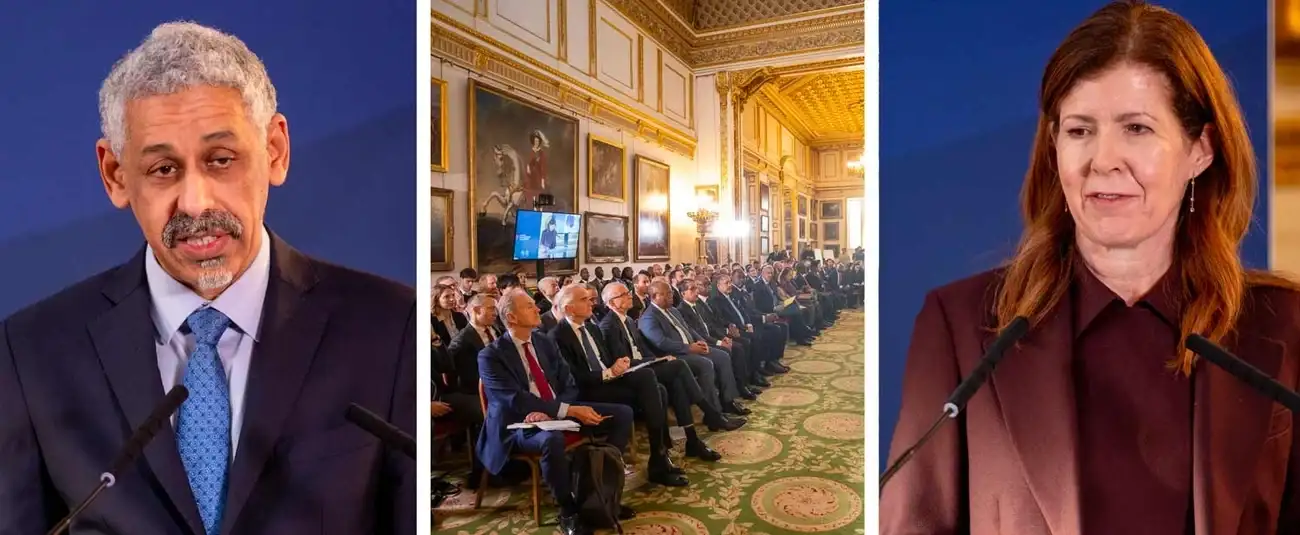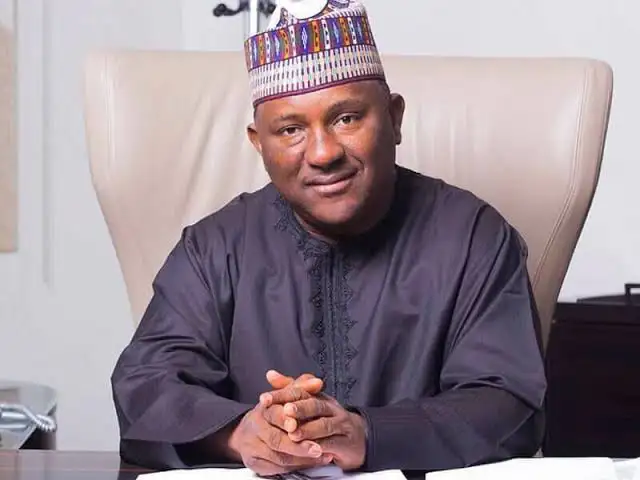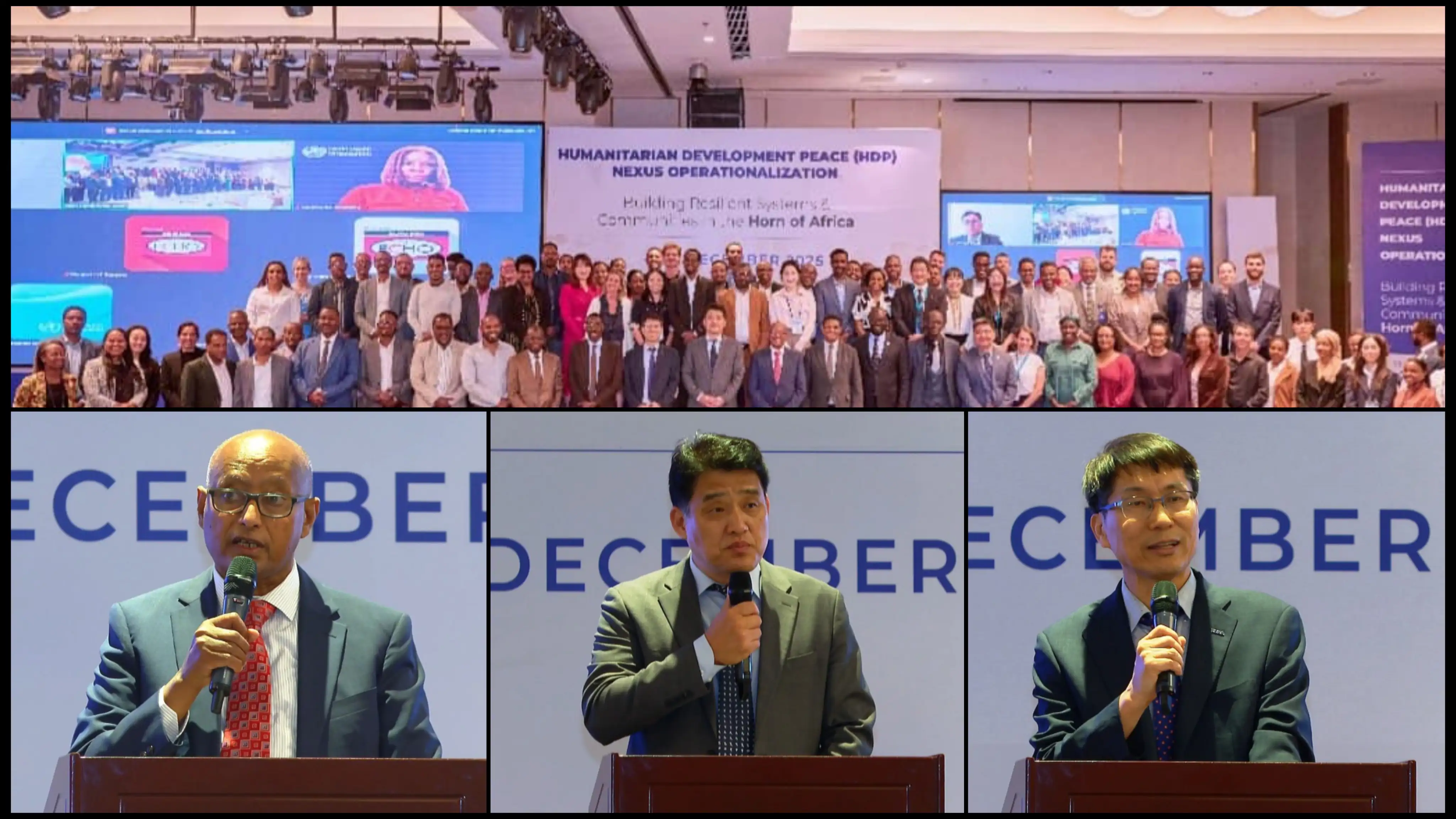Centuries of exploitation have left an indelible mark on Africa, and only comprehensive industrialization can break the chains of poverty, argues renowned political-economic analyst Lawrence Freeman.
In a recent interview with podcaster Amanda Akalonu, host of The Amanda Show, from Nigeria, Freeman emphasizes the need for a radical shift away from the current Western-dominated financial system that perpetuates economic dependence, favoring massive investment in infrastructure, manufacturing, and agriculture.
Freeman, who has dedicated 35 years to African economic development, traces the roots of Africa's struggles back to the 15th century and the dawn of the transatlantic slave trade.
He argues that the subsequent centuries of slavery, oppression, and colonial manipulation irrevocably damaged African societies. The infamous Berlin Conference of 1884-1885, where European powers carved up the continent, further solidified this legacy.
The independence movements of the 1960s, while politically significant, failed to achieve true economic liberation.
Freeman contends that newly independent African nations fell prey to Western financial institutions and commodity conglomerates, trapped in debt and subjected to detrimental structural adjustment programs.
Freeman highlights China's emergence as a significant investor and potential partner for development in the last quarter-century.
He believes China's model of infrastructure-led growth offers a viable alternative to the Western "rules-based order," which he criticizes for failing to prioritize tangible economic progress.
According to Freeman, eradicating poverty in Africa is not merely aspirational but achievable within a generation. Key to this transformation are substantial investments in infrastructure, particularly electricity generation and a high-speed transcontinental railway. These infrastructure projects serve as catalysts, creating jobs, connecting markets, and facilitating the efficient movement of goods and services.
Furthermore, Freeman underscores the critical importance of expanding Africa's currently underdeveloped manufacturing sector.
He believes that increased mechanization and the application of irrigation methods are essential to modernizing the agricultural sector. It is imperative to focus on industrialized economies, he accentuated.
